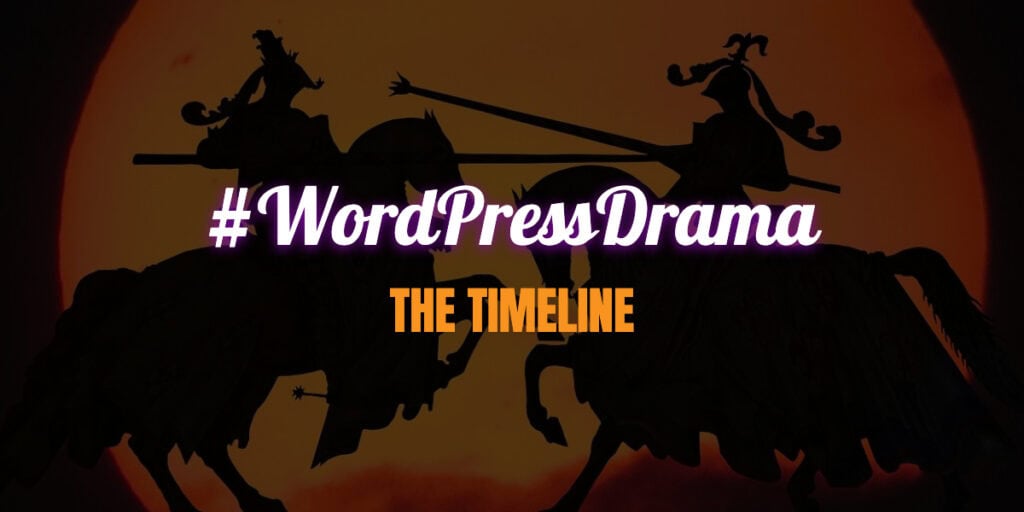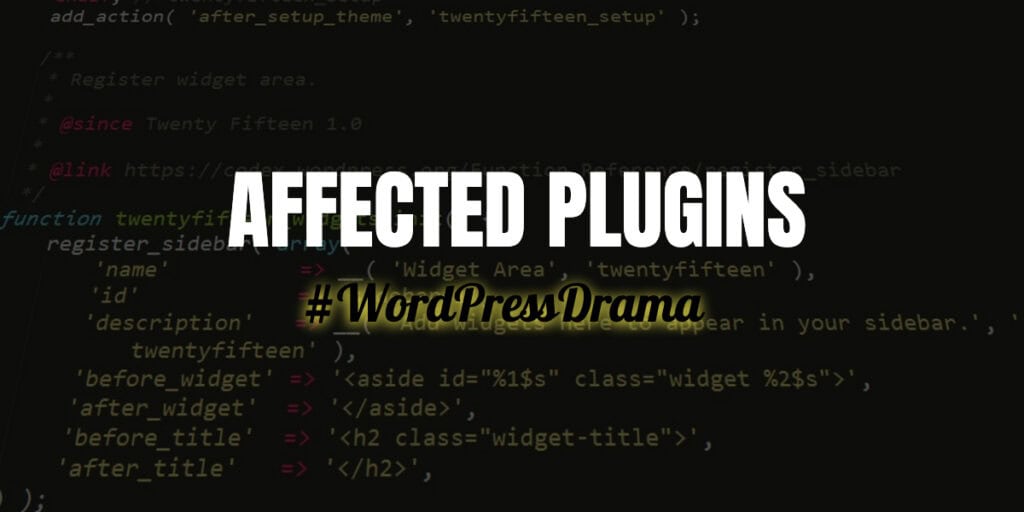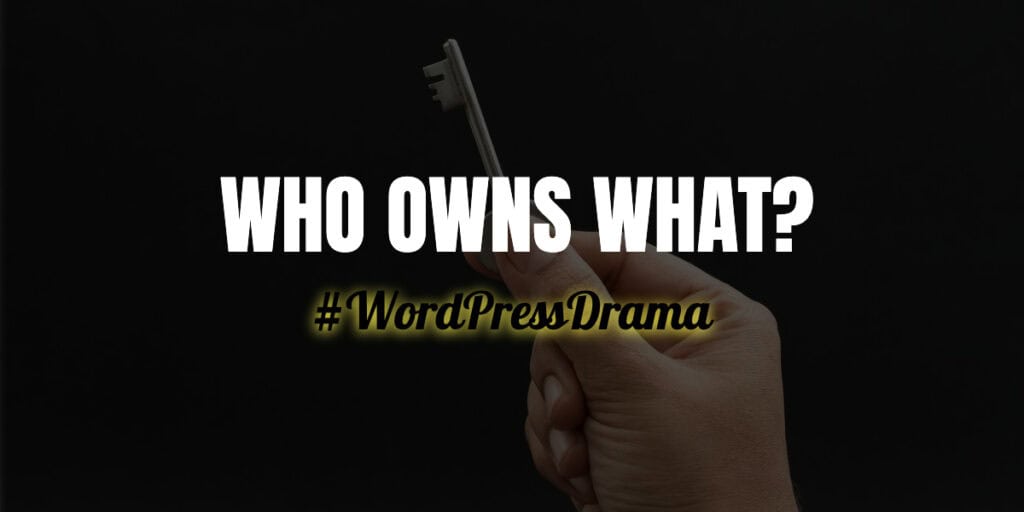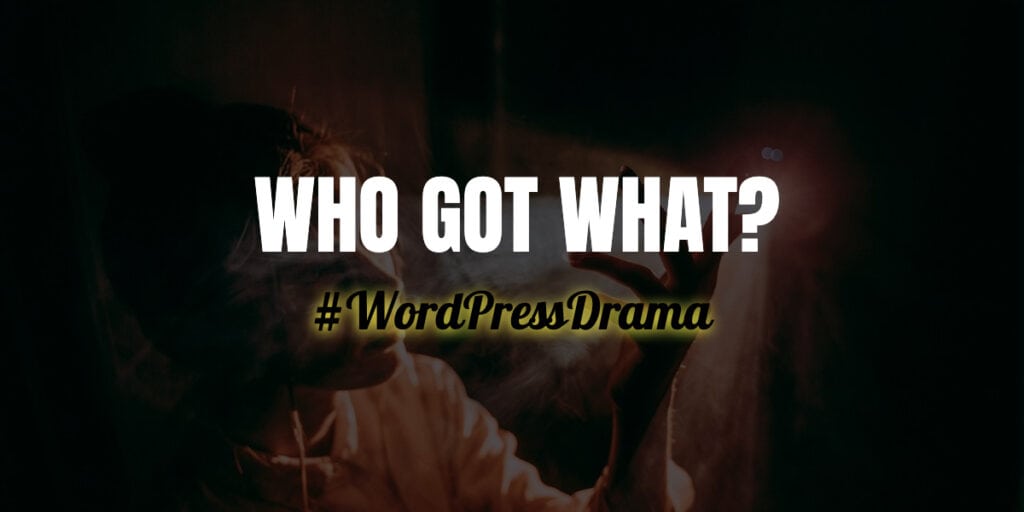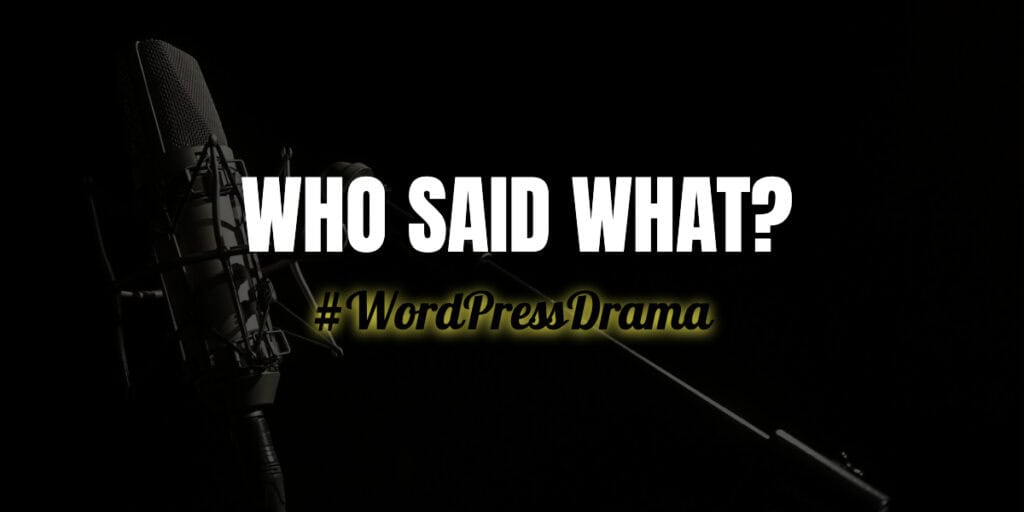In a recent video published on November 8, 2024, Rino de Boer, a prominent YouTube creator, delves into the ongoing drama surrounding WordPress and its founder, Matt Mullenweg. The video explores the challenges faced by WordPress users, developers, and companies in light of recent decisions made by the WordPress community leadership.
Rino discusses the apparent hypocrisy in Matt’s approach, especially regarding his treatment of WP Engine and other companies contributing to the WordPress ecosystem. He points out that while WP Engine has contributed tools like ACF and Local WP, their efforts are often dismissed by Matt, despite their significant impact. “WP Engine has contributed more in different ways, but Matt really disregards those things as just for their benefit,” Rino notes.
A major theme in the video is the confusion surrounding WordPress’ user experience. From unclear distinctions between WordPress.com and WordPress.org to the fragmentation caused by the Gutenberg editor and confusing theme updates, Rino highlights how these issues make it difficult for users—especially beginners—to navigate the platform effectively. He criticizes Matt’s handling of the trademark and his failure to address user confusion: “Paying for a trademark does not remove the confusion that users might have.”
The video concludes with Rino advocating for a more positive, user-focused approach to the WordPress platform, suggesting that WordPress should invest in better UX design, educate users on company contributions, and focus on improving the platform’s overall experience rather than engaging in hostile takeovers.
Interested users can explore these insights further by checking out specific sections of the video linked below.
- 00:00 ⚔️ A significant conflict has emerged in WordPress, affecting normal users due to a trademark dispute.
- 00:40 🧩 This drama has prompted a deeper understanding of WordPress’s operations among users and developers.
- 02:01 📜 WordPress is open source, allowing anyone to use, modify, and share its code freely.
- 03:37 💵 Free plugins serve as marketing for paid versions, fostering competition and high-quality offerings in WordPress.
- 05:25 🤝 Companies using WordPress are expected to contribute resources, promoting sustainability for the open-source project.
- 06:22 🏢 The conflict involves WP Engine, a hosting company, and Matt Mullenweg, co-founder of WordPress, reflecting a tension between for-profit and open-source principles.
- 09:21 ⚠️ Matt criticizes WP Engine for prioritizing profits over open-source ideals, which threatens the integrity of the WordPress project.
- 10:28 ⚔️ Matt called out WP Engine at his presentation, surprising many with his aggressive stance.
- 11:11 🚨 Matt labeled WP Engine a “cancer to WordPress” in a blog post, escalating the conflict.
- 12:05 📜 The trademark issue centers around WP Engine’s alleged abuse of WordPress branding, leading to legal tensions.
- 13:40 ⚖️ Matt proposed a revenue-sharing deal with WP Engine, which they found too steep and refused.
- 15:18 🤔 WP Engine customers faced service disruptions due to the trademark conflict, raising concerns about user experience.
- 17:17 💣 Matt intensified actions against WP Engine by disabling updates for popular plugins like ACF.
- 19:24 🔄 WordPress effectively took control of the ACF plugin, showcasing the organization’s power to fork plugins within its ecosystem.
- 20:47 ⚖️ Matt decision regarding ACF is controversial; legality is questioned, and community backlash is noted.
- 21:45 🕵️♂️ Matt may face troubles for not informing WP Engine about potential repercussions of his actions.
- 22:54 🎁 Matt criticizes WP Engine for not contributing enough to the WordPress community, comparing their efforts unfavorably to other companies.
- 23:51 📊 Contributions to open source can be subjective; debate arises on what counts as meaningful support.
- 25:00 🧰 WP Engine has produced valuable free tools like ACF and Local WP, which Matt dismisses as self-serving.
- 25:57 😨 Users are caught in the conflict between two major companies, leading to confusion and fear over tool removals.
- 27:21 🤔 Matt’s stance on the trademark issue raises concerns about user confusion, which he himself contributes to.
- 28:16 🌐 The domain “wordpress.com” is seen as misleading for users, as it suggests an official platform that isn’t truly representative of WordPress.
- 29:12 🛠️ The complexity of Gutenberg and the variety of themes confuses many users, highlighting a need for clearer guidance and consistency.
- 30:43 📅 Annual theme updates add to user confusion; unclear naming conventions may confuse even seasoned users.
- 31:15 ⚙️ Confusing interface and outdated progress display in WordPress plugins frustrate users, highlighting a need for better UX design.
- 32:54 📊 Suggestions for WordPress include using peer pressure to motivate companies, educating the public on contributions, and considering a revenue-sharing model.
- 34:07 🗳️ WordPress should evolve beyond being viewed as just a blogging platform, reflecting current usage trends in business websites.
- 35:36 ⚠️ Users should be mentally prepared for significant changes in WordPress, such as plugin management updates, to reduce fear and anxiety.
- 36:54 ❓ Concerns about Matt’s decisions raise questions about community involvement versus centralized control in WordPress.
- 37:36 🌐 The GPL license poses risks for plugin companies, as WordPress can potentially take over plugins, leading some developers to withdraw from the plugin directory.
- 39:10 💔 Despite brand damage, WordPress’s wide usage ensures its continued relevance, with over 40% of websites using the platform.
- 40:20 🔄 Users of ACF can choose to stick with it or transition to secure custom fields, emphasizing personal choice amidst the drama.
- 41:26 🚀 The recent chaos has led to a determination to explore and educate oneself about various tools within and outside of WordPress.

